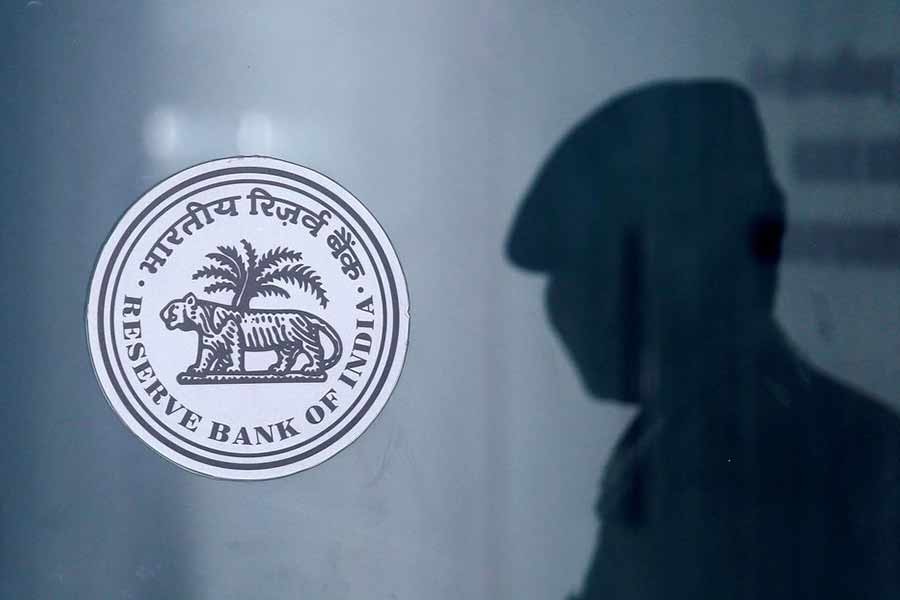India's central bank has raised the benchmark interest rate for the first time in two years in an attempt to rein in high consumer prices.
The Reserve Bank of India (RBI) raised the repo rate - at which it lends money to commercial banks - by 40 basis points (bps) to 4.4 per cent.
The rate had been reduced to a record low of 4 per cent during the Covid-19 pandemic, reports BBC.
RBI governor Shaktikanta Das made the surprise announcement during an online media briefing on Wednesday.
The RBI also announced a 50 basis point increase in the cash reserve ratio - the percentage of cash that banks need to keep in reserve against their total deposits - to suck out excess liquidity from the system.
The decision came amid soaring prices of food and fuel, with inflation at an 18-month high and higher global prices filtering through into India.
"Inflation-sensitive items relevant to India such as edible oils are facing shortages due to the conflict in Europe and export bans by key producers. The jump in fertiliser prices and other input costs has a direct impact on food prices in India," Mr Das said.
RBI believes this, coupled with lockdowns in major production hubs such as China, is likely to "accentuate global supply chain bottlenecks while depressing growth", and pose further upside risks to India's inflation trajectory.
He added that food inflation is expected to remain high as "spillovers from global wheat shortages are impacting domestic prices, even though domestic supply remains comfortable".
But despite lingering global headwinds and intensifying geopolitical headwinds, RBI believes domestic growth will be supported by a broad rebound in economic activity, the forecast of a normal monsoon and a revival in the investment cycle and exports.
According to economists, the RBI's decision, which came ahead of the US Federal Reserve's meeting later on Wednesday, was slow to come, given inflation is at its highest levels in several decades in many developed economies. They also forecast more rate hikes in the year ahead.
"We do foresee an additional 35-60 bps of rate hikes in the remainder of H1 FY2023," said Aditi Nayar, Chief Economist, ICRA Limited, in a press statement.
According to the real estate consultancy, the hike signals "an imminent end to the all-time low interest regime, which has been one of the major drivers behind home sales across the country since the pandemic began," and will dampen housing demand to some extent.
It will also raise the borrowing costs of companies, which have already begun passing these on to consumers. According to industry bodies, this will end up hurting consumer and business sentiments at a time when the economy is still recovering from the pandemic.
"Any increase in the interest rate will further impact the cost of doing business, which is already high viz-z-viz high raw material cost," said Pradeep Multani, president, PHD Chamber of Commerce and Industry.
Indian households have been struggling to stretch their budgets over the past few months as prices of daily household items such as cooking oil and lemons soar. Economists point to a number of reasons - from higher transportation costs to supply side bottlenecks, and a weakness in the jobs market that suppresses disposable incomes.
After the rate hike announcement, the Indian markets closed the day in the red with a 1,300 point loss on the benchmark 50-share Sensex.


